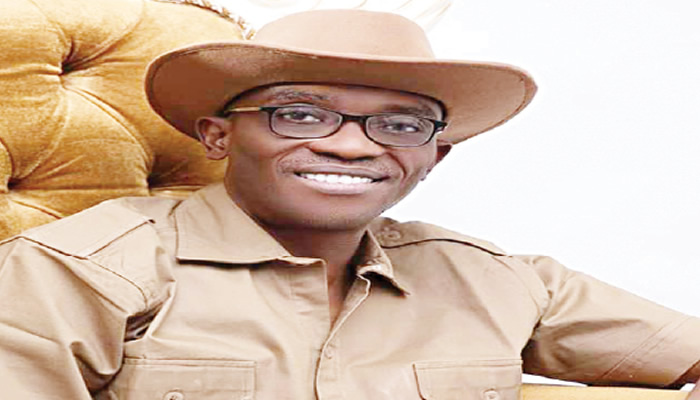The Labour Party (LP) has plunged deeper into crisis following a Supreme Court judgment that upheld Julius Abure as the party’s National Chairman. In a dramatic twist, Abure and the party’s presidential candidate in the 2023 elections, Peter Obi, have called for separate National Executive Council (NEC) meetings, signaling a widening rift within the party’s leadership.
The Supreme Court ruling, delivered on April 4, 2025, dismissed an appeal by Lamidi Apapa, who had been embroiled in a protracted legal battle with Abure over the party’s chairmanship. The judgment effectively reaffirmed Abure’s position as the legitimate leader of the Labour Party. However, rather than uniting the party, the decision appears to have exacerbated internal divisions.
Julius Abure has scheduled an NEC meeting in Abuja to consolidate his leadership and chart a course for the party’s future. On the other hand, Peter Obi, who has maintained significant influence within the party since his presidential bid, has called for a separate NEC meeting in Lagos. Sources close to Obi suggest that his move is aimed at addressing grievances among key stakeholders who feel sidelined in the wake of recent developments.
The split in NEC meetings underscores the growing factionalism within the Labour Party, which has struggled to maintain cohesion since its meteoric rise during the 2023 general elections. Political analysts warn that these divisions could undermine the party’s ability to position itself as a credible opposition force ahead of future elections.
As tensions escalate, party members and supporters are calling for reconciliation and unity to prevent further damage to the Labour Party’s reputation and electoral prospects. Whether these parallel NEC meetings will lead to dialogue or deepen existing fractures remains to be seen.

